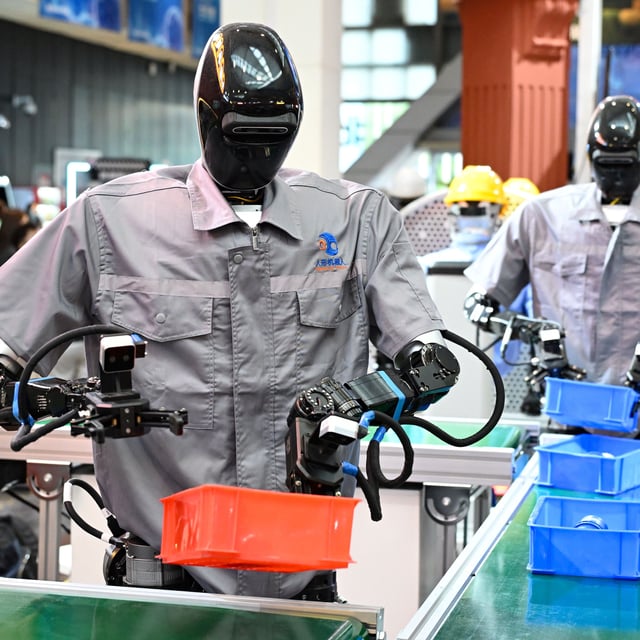Overview
- Researchers at Anthropic found AI was automating or augmenting about a quarter of daily job tasks by late 2024, with automation linked to lower wages and augmentation boosting pay and creating new roles.
- Experts from Brock University and other institutions warn that generative AI threatens entry-level customer service positions and knowledge-economy roles in communications, education and journalism, disproportionately affecting younger and less-educated workers.
- Major companies including IBM have deployed AI to replace hundreds of HR staff, and Microsoft and Google report that AI now writes over 25 percent of new code in development workflows.
- Pilot programs such as Magna International’s self-driving delivery robots in Toronto illustrate AI’s swift expansion into logistics and other operational tasks.
- Policymakers and industry leaders are calling for targeted upskilling programs, clear regulatory guidelines and expanded social safety nets to address widening skill gaps and inequality.



